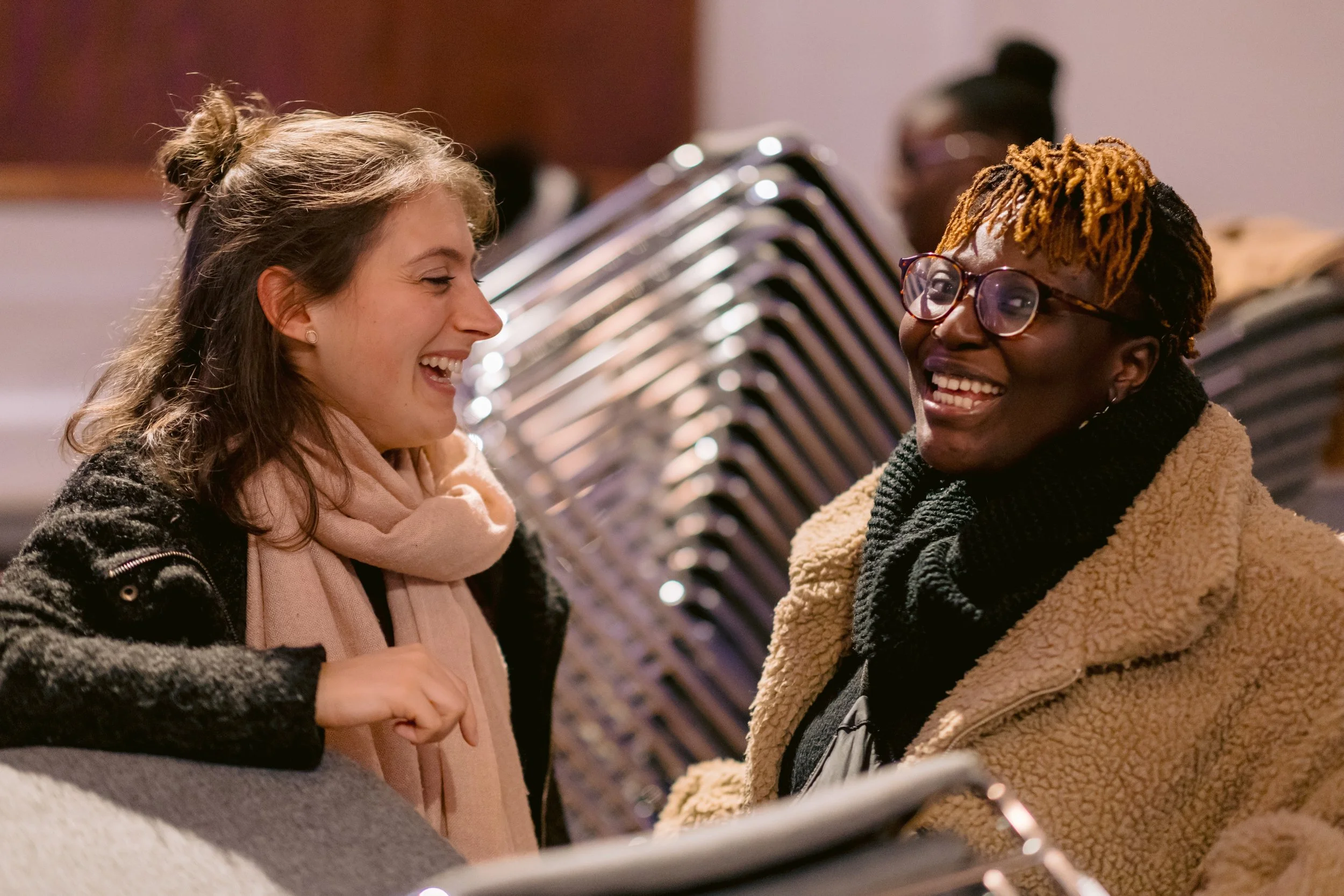Think about the first time you arrived at Grace London. Some of you can even remember the first time you attended any church. How did you feel? Were you confident as you strode in, grabbed a coffee, and took your seat, effortlessly striking up a conversation with others around you?
I thank God for the extroverts among us who can resonate with that image to some degree, but that wasn’t my story the first time I visited a church. I still remember being chuckled at as I fumbled for my wallet to pay for the coffee. I mean come on, every Londoner knows that nothing’s really free. My first time at Grace London was certainly better but I am slightly too introverted to comfortably inject myself into conversations that could form the foundation of meaningful relationships.
A reasonable application of Scripture is to greet one person we don’t know or don’t know well every time we gather with others in the body of Christ. We have been invited, welcomed and greeted by the Lord, and we can reciprocate by welcoming the outsider and the stranger. By welcoming the least, we welcome Jesus (Mark 9:37).
But however outgoing we naturally are, reaching out to people we don’t know can be difficult. There are some people we don't click with, some we don't like, and some who have wronged us. It’s good to move towards others, but it is not easy. The thought of awkward silence or feeling stupid can jeopardise the plan before we’ve even started.
So, what practical steps can we take?
Firstly, start small with a greeting. Greetings are not a form of politeness from a bygone era. They are skills that imitate the Lord and show respect and kindness to others - and we are meant to grow in them.
There are, however, so many people we could greet. We shouldn’t aim to become serial greeters who offer a brief and boisterous “Good morning” before moving on to the next person. Instead, consider whom you are greeting and take time. This means our greeting list might be short because we only have limited time on a Sunday. We cannot talk to everyone. So, here is who you should prioritise:
The visitor (what Scripture calls the “foreigner” or “alien”) comes first.
The visitor who returns comes next.
The less popular, the marginalised, or those sitting alone come next.
Then come the children. Jesus singles them out as examples of the marginalised.
“Ні, _______!” is offered to as many people as possible, which doesn’t have to be accompanied by a hug or a hand-shake.
Good friends can, of course, intersperse these greetings.
As the King goes, so go his people. He moves toward people; we move toward people. He moves toward those who seek him and those who do not; we move toward those who want help and those who seem distant and marginalised. He moves toward friends and even enemies; we move out beyond our circle of friends to those far beyond that circle.
Imagine how this can transform our churches. Instead of talking to the same people – those with whom we are comfortable and who are similar to us – we treat others as God has treated us. Imagine how aloneness could gradually be banished.

